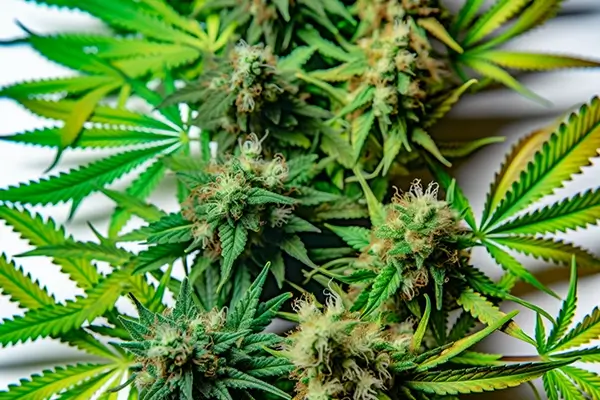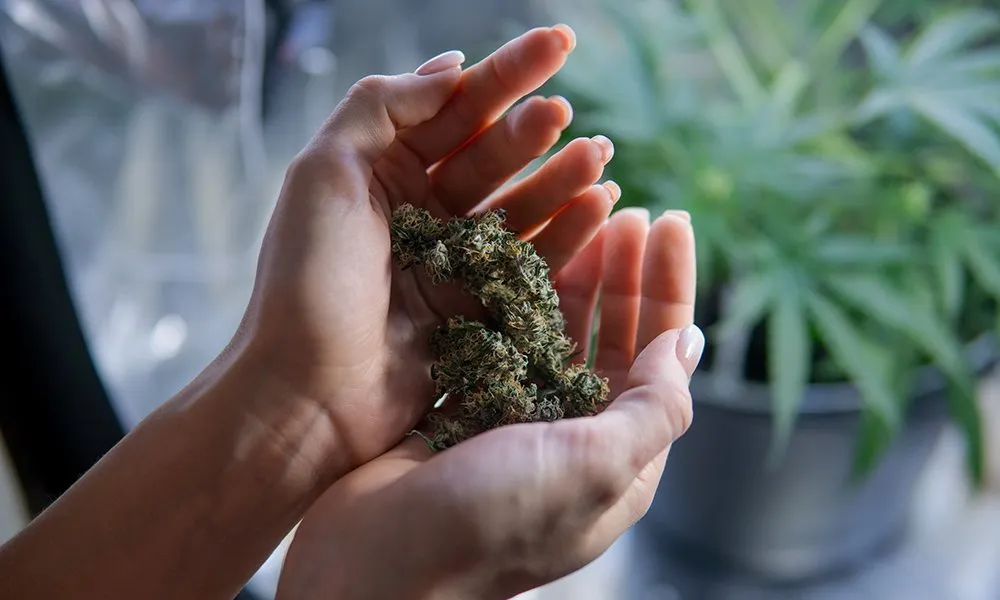The increasing availability of THC cartridges has created a need for better education about responsible consumption practices. Safety serves as the cornerstone of any discussion about THC cartridge use. Before considering consumption, individuals should ensure they understand their local regulations and consult healthcare providers about medication interactions. This step helps establish a foundation for responsible decisions.
Measuring and monitoring your intake
The advantage of using thc cartridge comes from their built-in measurement capabilities. Each inhalation delivers a specific amount, making it easier to track total consumption. Users count their daily inhalations and maintain detailed records, which provides valuable data for discussing usage patterns with healthcare providers. The duration between inhalations also plays a crucial role in maintaining control. Waiting several minutes between doses allows time to assess the effects before deciding whether to continue. This measured approach helps prevent overconsumption and supports more mindful habits.
Creating a personal usage framework

Developing a structured approach to consumption helps maintain control. This includes setting specific times for use, establishing daily limits, and creating environmental boundaries. For example, some people choose to use it only in certain locations or during particular hours to maintain routine and avoid impulsive decisions. Recording and analyzing usage patterns provides insights into consumption habits. Many individuals keep journals documenting their use, including factors like time of day, mood, and circumstances. This information helps identify patterns and make informed adjustments to maintain desired consumption levels.
Building supportive habits
Successful consumption control often depends on developing complementary healthy habits. Better overall health is supported by regular exercise, proper nutrition, and adequate sleep. These lifestyle factors help individuals maintain their predetermined usage boundaries. Integration with stress management techniques also reduces impulsive use. Practising meditation, deep breathing exercises, or engaging in hobbies provides alternative ways to address anxiety or tension that might otherwise trigger unplanned consumption.
Understanding personal tolerance levels
Individual responses to THC vary significantly based on factors like body composition, metabolism, and previous exposure. Keeping detailed notes about personal reactions helps establish appropriate individual limits. This knowledge supports better decision-making about frequency and quantity of use. Regular self-assessment helps maintain awareness of changing tolerance levels. Taking periodic breaks allows individuals to reset their sensitivity and maintain better control over their consumption patterns. These intentional pauses provide opportunities to evaluate and adjust usage habits.
Environmental influences on consumption
The setting where consumption occurs significantly impacts usage patterns. Creating designated spaces for use helps establish boundaries and maintain control. This might include specific rooms or areas that provide appropriate ventilation and safety considerations. Social factors also influence consumption patterns. Understanding how different social situations affect usage helps individuals make more conscious choices. Some people find it helpful to establish clear personal rules about social consumption to maintain their desired limits.
Long-term monitoring and adjustment
Regular evaluation of consumption patterns helps identify areas for improvement. Setting specific review periods, such as monthly or quarterly assessments, provides structured opportunities to adjust habits and maintain control. These reviews include examining usage logs, evaluating the effectiveness of current limits, and setting new goals if needed. Keeping detailed records of consumption patterns, effects, and any concerns helps inform future decisions and provides valuable information for healthcare providers if consultations become necessary.

